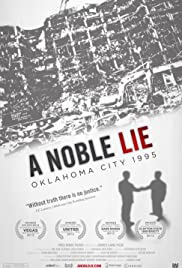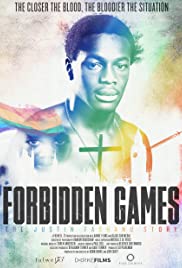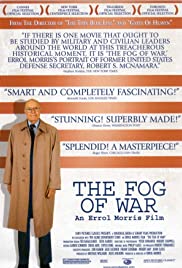
A German TV documentary that chronicles the daily rehearsals, the filming and all the behind the scenes of Jean-Jacques Annaud’s classic “The Name of the Rose”. From actors perspectives to the ideas used by the director to produce an impeccable international epic adaptation of Umberto Eco’s best selling novel, the film presents the obstacles behind the creation of a production of such large scale and also the making of the many difficult scenes, most of the ones presented here are the characters’ murders inside the mysterious abbey.
You May Also Like

A documentary portrait of poet, novelist, photographer, and composer Gordon Parks on the set of his first film, The Learning Tree – vuosi elämästäni (1969): the first major studio film directed and produced by an African American.

In the early 1970s, the world-class waves of Ireland were uncharted waters for the international surfing community. Amidst the ongoing conflict of the Troubles, pioneers in both Dublin and Belfast transcended political hostilities to host the 1972 Eurosurf championship. This look into the unsung history of the Emerald Isle’s now world-renowned surf scene details the power of sport to bridge any divide.

A feature-length documentary exploring the unsolved murder of French bicyclist Alain Malessard who was found dead in an Oregon Coast campground on Thanksgiving 1987.

A year in the life of one of America’s most innovative classrooms where students design & build to transform their hometown community. The film follows Emily Pilloton and Matt Miller as they teach the fundamentals of design, architecture and construction to a class of high school juniors in rural North Carolina.

Veterans of the most decorated battalion in marine corps history discuss the psychological injuries of war, and the unexpected trauma of returning to civilian life after the accolades of their successful battles have ended.

In a groundbreaking expedition on Mount Everest, dozens of scientists converge to investigate what secrets the world’s highest peak has to tell us about our changing climate. The notorious Khumbu Glacier is mapped in stunning detail, biologists study extreme lifeforms, and a team of Sherpas and climate scientists climb straight toward the “death zone” to install the highest weather station in the world.

The film summarizes the life and creative path of Mati Hint, an outstanding linguist, essayist, lecturer and who played an important role during the restoration of Estonia’s independence.

A Noble Lie is the culmination of years of research and documentation conducted by independent journalists, scholars, and ordinary citizens. Often risking their personal safety and sanity, they have gathered evidence which threatens to expose the startling reality of what exactly occurred at 9:02 am on April 19, 1995 in Oklahoma City.

Billy Connolly was, in the 1970s, a sort of Scottish Lenny Bruce, who, with devastating humour, sliced through the hypocrisies he perceived. This 1976 documentary follows the singer-comic during his 1975 Irish tour. Made in a cinema verité fashion, the performer appears to be completely unaware of the presence of the camera in his off-stage and backstage moments.

Poignant stories of homelessness on the West Coast of the US frame this cinematic portrait of a surging humanitarian crisis.

Rich archive and emotional interviews are at the core of this telling of the turbulent life of British footballer Justin Fashanu. His coming out in an age of widespread homophobia not only damaged his football career, but led to the demise of his relationship with the brother with whom he shared a painful early history and a lifelong rivalry.

Using archival footage, United States Cabinet conversation recordings, and an interview of the 85-year-old Robert McNamara, THE FOG OF WAR depicts his life, from working as a WWII whiz kid military officer, to being the Ford Motor Company’s president, to managing the American Vietnam War, as defense secretary for presidents Kennedy and Johnson.